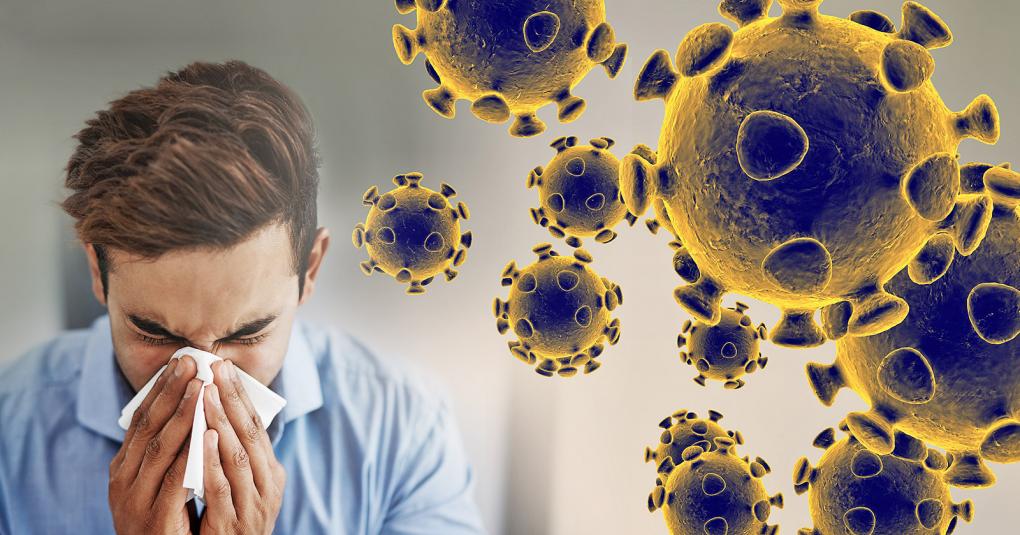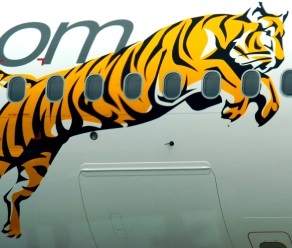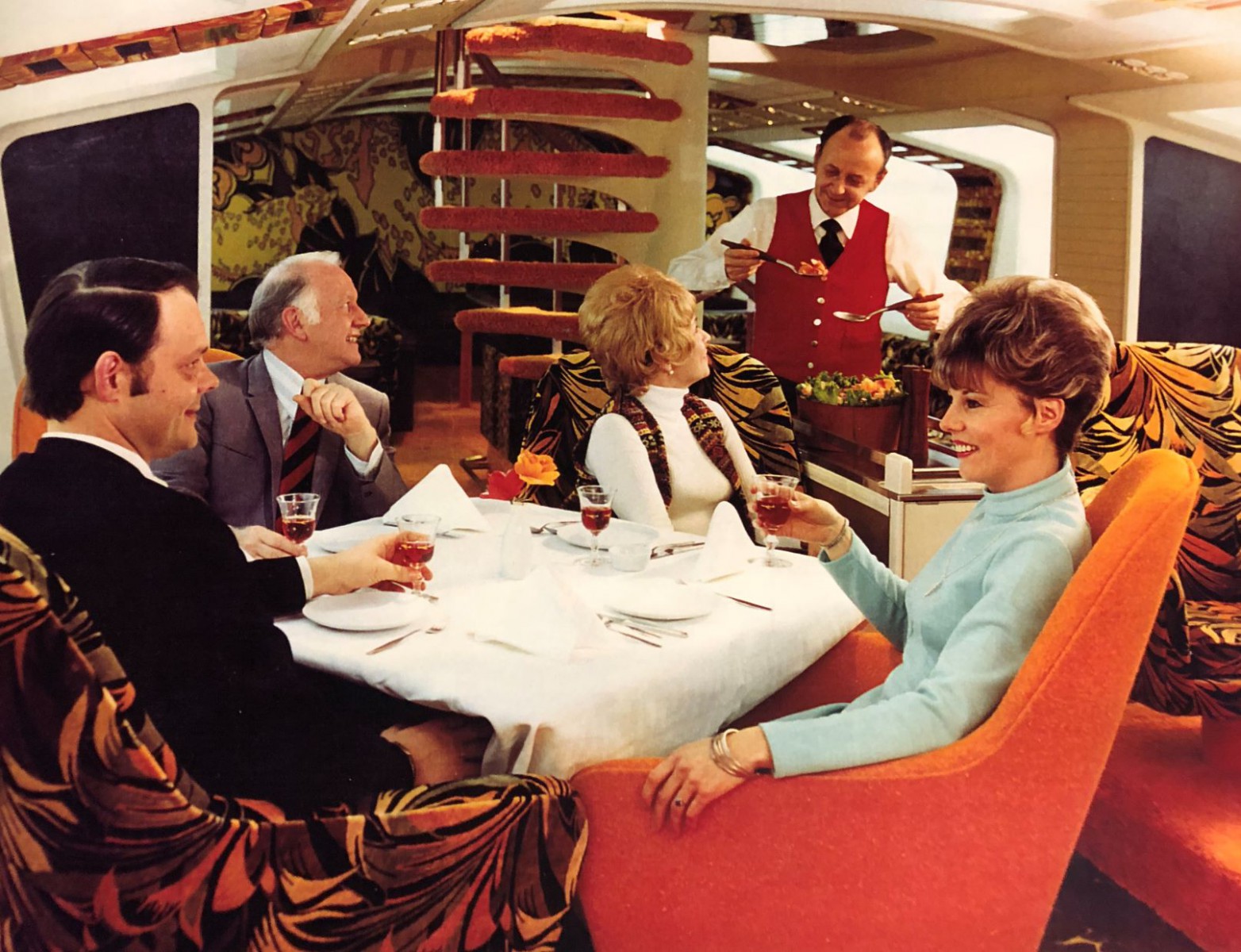Australia mandates pre-flight COVID testing, cuts arrival caps
07 January, 2021
5 min read


Australia will add pre-flight COVID testing to quarantine requirements and temporarily reduce international arrival caps as airlines continue to fly infected people into the country.
An emergency meeting of Australia's national cabinet Friday endorsed pre-flight testing for flight crew and passengers as Australia boosts its defenses against a virulent new strain of the disease.
The government announced it would reduce the caps on international arrivals by 50 percent in NSW, Western Australia and Queensland until February 15.
Prime Minister Scott Morrison said government-chartered flights already had pre-flight testing and "we have total control on who gets on the plane".
READ: IATA warns COVID rules are killing recovery.
Flight crews and quarantine workers will face stricter requirements under new national standards.
International aircrew will be required to take a COVID-19 test in Australia every seven days or on arrival, as determined by state health authorities.
They will also need to quarantine in dedicated facilities between international flights or for 14 days and will not be able to reposition for an ongoing international service unless via a crew-only flight.
The national cabinet made masks mandatory for all domestic flights and international services coming into Australia as well as in airports.
Masks are currently mandatory for people flying to and within Victoria and New South Wales and recommended for other services. They are also mandatory on Regional Express flights.
Virgin Australia warned that customers who failed to comply with the mask requirement would not be allowed to travel.
"Customers should ensure they’re aware of the evolving travel restrictions currently in place across Australia, including the Federal Government’s directive to wear face masks and coverings onboard all domestic services,'' a spokesman said.
"Hand sanitizer and face masks are available for customers prior to boarding and onboard all Virgin Australia services."
The Australian Airports Association said travelers should arrive at the airport with their own masks.
"We want passengers traveling through airports to feel safe,'' AAA chief executive James Goodwin said. "Wearing a mask for the traveler’s own safety and the safety of others should become second nature."
The national cabinet meeting came after a quarantine worker in Brisbane was infected with the new UK strain and spent several days in the community before being diagnosed. A South African variant worrying health authorities has also been detected in Australia.
The discovery prompted the Queensland government to lock down Greater Brisbane for three days, a move backed by the Prime Minister. Brisbane was declared a national hotspot as WA closed its borders to Queensland.
A new national standard will see quarantine workers, including those transporting passengers, move to daily testing rather than every seven days.
Some states have already increased testing frequency for quarantine workers but Morrison said others would be encouraged to put the new standard in place as soon as possible.
The new rules have sparked fears that the testing may make it more difficult for some 40,000 Australians stranded overseas to get home.
Chief medical officer Paul Kelly said passengers would be required to take a regular PCR swab test, rather than a rapid test, prior to departure. The Australian Health Protection Principal Committee (AHPPC) later confirmed that all passengers would need to take a PCR test 72 hours or less prior to traveling.
Professor Kelly acknowledged the tests were not foolproof but said they were another layer in existing "rings of containment".
"If it's positive, we know it's positive,'' he said. "If it's negative, that does not prove that the next day, or even on the plane, they might become infectious."
He said the government had been requiring pre-flight testing on its chartered services to Alice Springs and 15 people had been denied boarding on its last flight because either they or their household contacts had proved positive.
"So a negative test is not foolproof but a positive test, they're not coming,'' he said.
Australia joins Canada and New Zealand in introducing pre-flight COVID testing.
READ: New Zealand, Canada add pre-flight COVID testing to quarantine.
New Zealand announced recently that all travelers to New Zealand from the US and UK will need a negative pre-departure COVID test from January 15.
The New Zealand regime will require travelers from the UK or US to have approved evidence, such as a written form certified by a laboratory, showing a negative polymerase chain reaction (PCR) test result in the 72 hours prior to departure.
The NZ government also indicated there were more restrictions to come.
The new Canadian protocol began January 7 and requires travelers to Canada who are five years and older to prove they have taken a PCR test and received a negative result within 72 hours of boarding a plane.
The Canadian government is also increasing surveillance efforts to ensure travelers complete the mandatory 14-day quarantine period.
The increasing restrictions rebuff an airline lobbying effort to get quarantine restrictions replaced by a global testing regime.
The International Air Transport Association on Thursday blamed tougher COVID rules for bringing the recovery in passenger demand to a halt in November.
IATA said November's total passenger demand (measured in revenue passenger kilometres) was down 70.3 percent compared to November 2019, virtually unchanged from the 70.6 percent decline in October.
International passenger demand was 88.3 percent below November 2019, slightly worse than an 87.6 percent decline in October.
“The already tepid recovery in air travel demand came to a full stop in November,'' IATA director general Alexandre de Juniac said.
"That’s because governments responded to new outbreaks with even more severe travel restrictions and quarantine measures. This is clearly inefficient."
Next Article
3 min read
Virgin gets nod for Tiger deal

Get the latest news and updates straight to your inbox
No spam, no hassle, no fuss, just airline news direct to you.
By joining our newsletter, you agree to our Privacy Policy
Find us on social media
Comments
No comments yet, be the first to write one.
